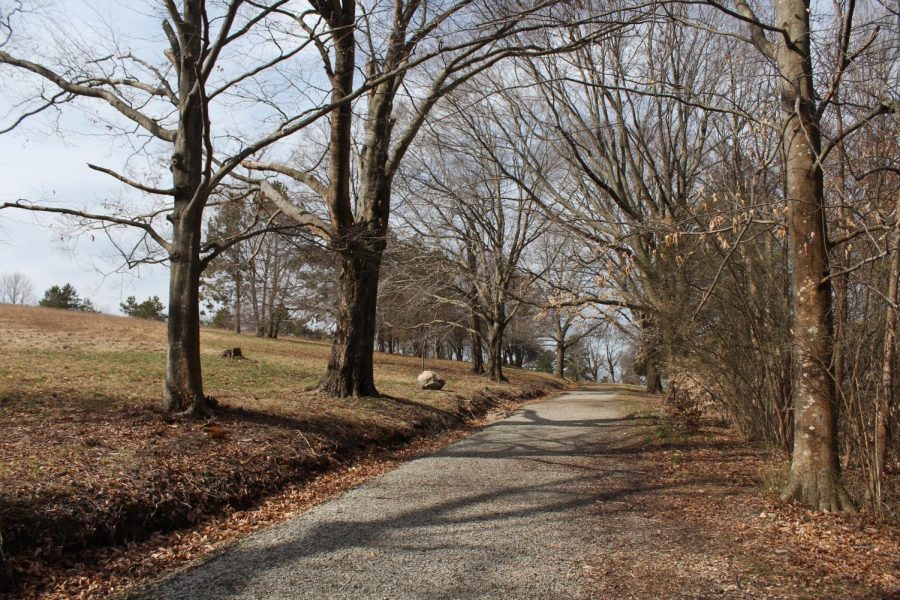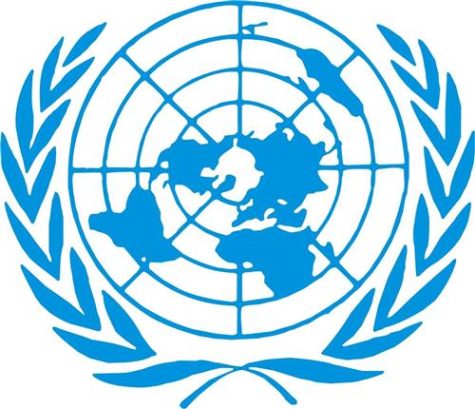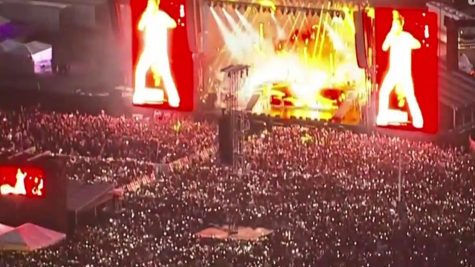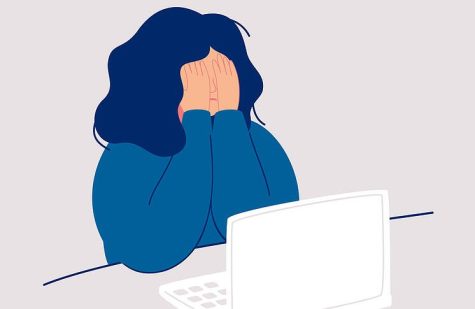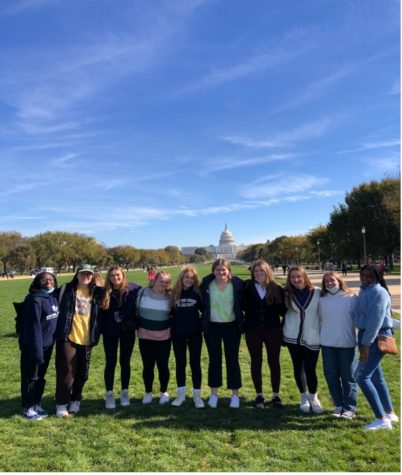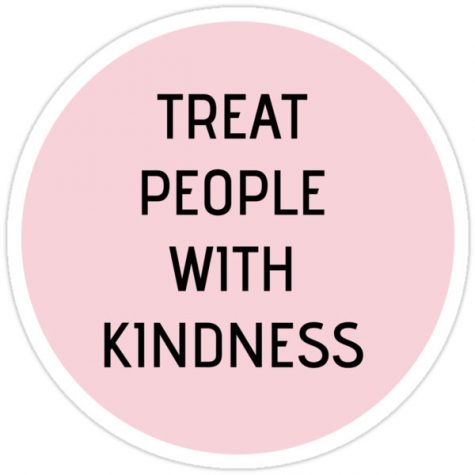Quarantine Bitterness is OK :)
My mind often strays, as I go about my day, to the streets of New York City, where I took a field trip earlier this year with my classmates. The feeling of shouldering through the crowds in Times Square, mesmerized by tall buildings and flashing lights while simultaneously trying to navigate a strange new city, has not been easy to forget. Imagining the hustle and bustle going on without me there has always been an inexplicably peaceful feeling, one that reminds me I still have so much time left in my life for travel. My favorite places will always be there for me.
But now, when I envision the city, it is not the right picture. The roar of traffic, the murmur of passerby conversation, the scents of fried food and exhaust, the chatter of city birds, and the sensation of travel have vanished in this trying time. The streets and highways are hushed, the squares and subways empty. Perhaps even the birds are silent. The whole world is holding its breath.
This sensation is exactly what is happening to students across the world. It is fair to say that earlier this year, the majority of us were sprinting alongside the fast-moving train of life, if only to keep up with eight classes and extracurricular commitments straight through until June, when school was supposed to end. And that train has screeched to a halt in the middle of nowhere, like in a movie, leaving us to decide what to do next. The society we have belonged to for years and years, one which we never thought could change, has been removed and replaced with this strange new reality that is quarantine. Our memories from before no longer feel the same. And, of course, we all have lost something – whether it be the prom, a school trip, college visits, IB exams, or just the freedom of hanging out with friends.
Many social media users have been spreading ways to rise above the challenge of self-quarantine, such as starting a new series on TV, reading a book, or working on a task they had previously put on the back burner. Positivity and productivity spread around on social media is a good thing and can help others come to terms with this new situation. While keeping busy helps to distract us from all the changes we cannot control, it is healthier to process our true emotions related to the loss of our routines, social constructs, outdoor time, and schedules.
The brain goes through the stages of grief every time a person experiences a drastic change. Therefore, like any other time we have experienced loss, we should give ourselves time and space to process.
First, we need to respect our losses. Even if others’ losses seem worse than yours, you cannot afford to minimize your feelings. It is unfair for others to compare their reality or anyone else’s to yours, and unfair for you to compare yours to another’s. Everyone has lost something, and you have every right to feel disappointed or angry because something you were excited about was cancelled or because your schedule has been stripped away. Give yourself permission to be angry or upset and explain to loved ones that you need some time to process.
On the other hand, sharing stories about your experience in quarantine with friends or family can definitely help. It is okay to express feelings of uncertainty or frustration with others – maybe they even feel the same way! If you are not comfortable discussing your personal concerns or deepest emotions, keeping a journal is a good idea. This will help you remember how you felt later – and in the future, you will be able to see and feel how far you have come. In this sense, journaling is kind of like having a discussion with yourself.
Be gentle on yourself in this time of adjustment. Spend time with family and pets, or alone. One thing I have noticed while staying at home is that I feel uncharacteristically tired often, as my brain is so used to going, going, going at NDA! When this happens, try to meditate, draw or paint, or engage in reflective journaling rather than taking a nap. Such self-engaging activities will help you visualize yourself as a strong, new person once life picks back up again.

